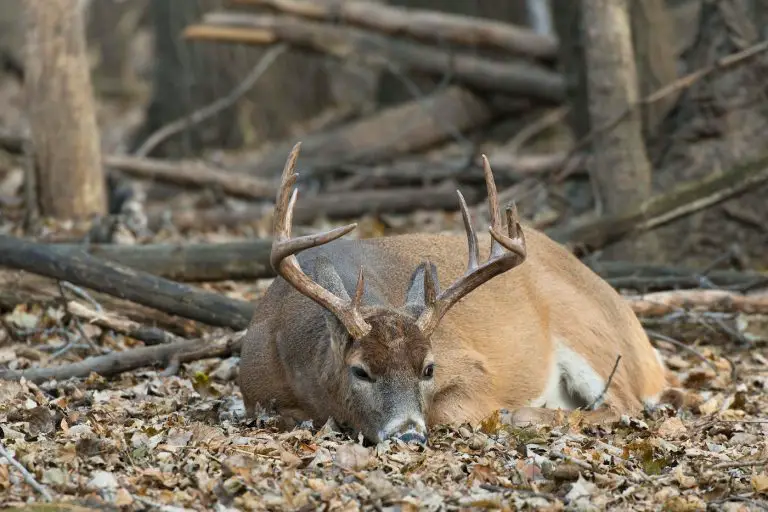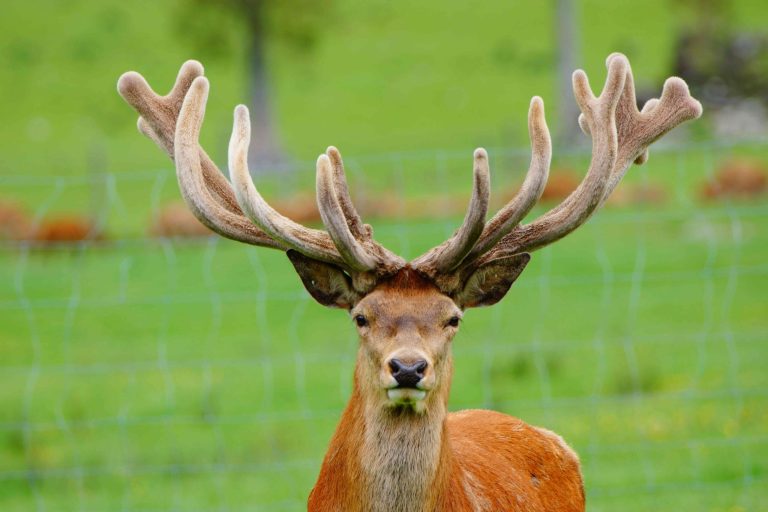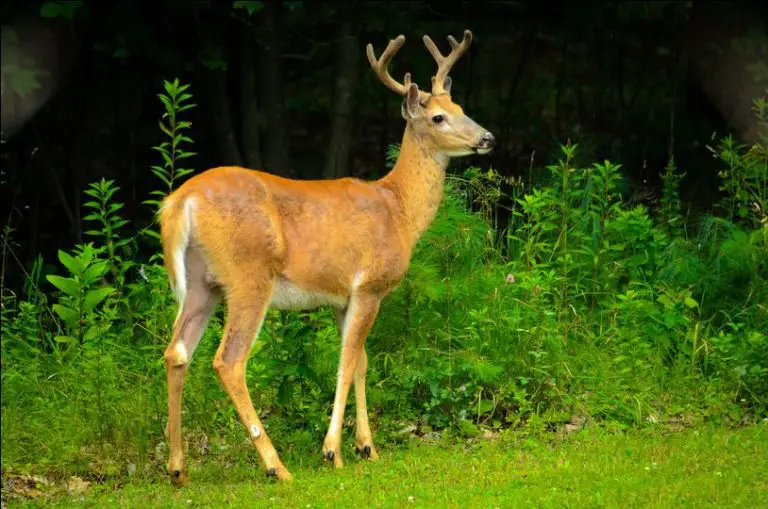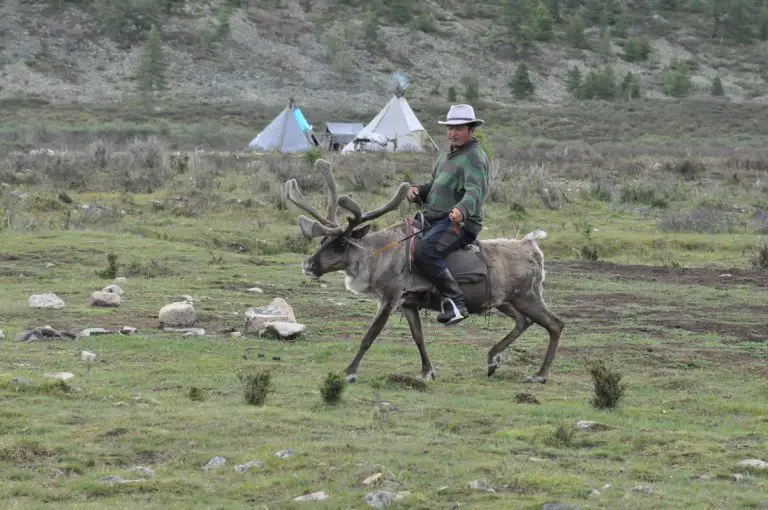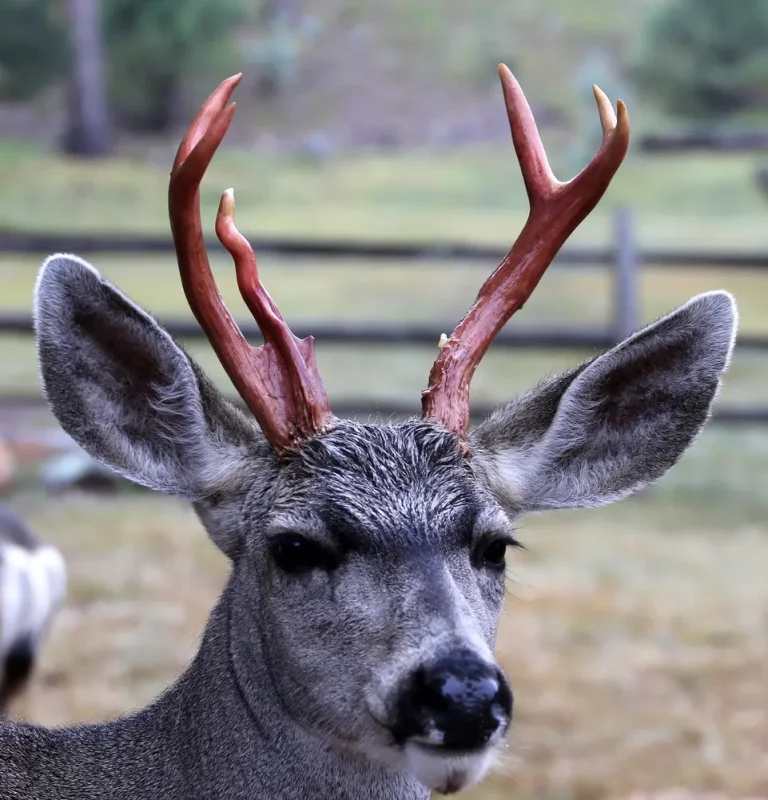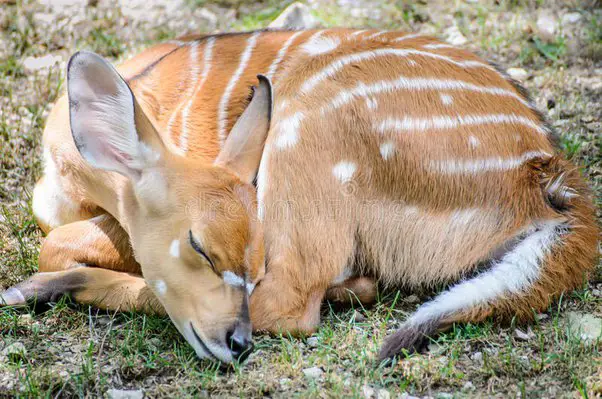Can Deer Eat Bread?
Deer can eat bread, but it is not recommended for their health. Bread offers little nutritional value to deer and can disrupt their natural diet.
In the quest to maintain healthy deer populations for both hunting and farming, providing a balanced, natural diet is crucial. Components such as forage, mast, and browse naturally fulfill a deer’s nutritional requirements. Introducing bread or similar foods to a deer’s diet can result in poor digestion and may lead to long-term health issues.
Consequently, it’s important to discourage deer from eating bread, as this practice aligns neither with responsible wildlife management nor with optimal farming and hunting results. Understanding and respecting the dietary needs of deer contributes to their well-being and the sustainability of their habitats.
Debunking Myths: Can Deer Eat Bread?
Deer primarily thrive on a diet consisting of native vegetation, such as leaves, twigs, fruits, and nuts. This diet is typically high in fiber and necessitates a specialized digestive system that ruminants, like deer, possess. Their four-chambered stomachs are specifically adapted to break down cellulose from plant-based foods.
Misconceptions about deer and human foods
Feeding wildlife is a topic enveloped in myriad myths, one being that deer can safely consume human foods like bread. While it is true that deer are often seen eating a wide variety of foods, this does not imply that these foods are healthy or beneficial for them.
Risks of feeding bread to deer
Introducing bread into a deer’s diet can lead to several health issues. It is poor in nutrition and can disrupt their gut health, potentially causing complications like lactic acidosis, which affects the pH balance in their stomachs. Malnutrition and dependency on human-provided foods are further risks that wild deer face when regularly fed with bread. Such practices can also lead to unnatural behavior patterns, endangering both deer populations and the ecological balance.
“`
Impact Of Bread On Deer Health
Deer consuming bread can lead to significant digestive issues. Their ruminant digestive systems are not designed to process large amounts of refined grains. Consequently, bread can upset the delicate balance of their stomach fauna, potentially causing discomfort and even illness.
Furthermore, reliance on bread as a food source can result in nutritional deficiencies and imbalances. Essential fibers, minerals, and vitamins found in their natural diet are absent in bread, leading to a lack of critical nutrients necessary for their overall health and development.
The impacts of bread on deer health may extend beyond immediate digestive distress. Over time, the adverse effects compound, potentially inducing serious long-term health consequences. These can range from malnutrition to increased susceptibility to disease, highlighting the importance of avoiding bread in a deer’s diet for optimal health outcomes in both hunting and farming situations.
Ecological Considerations For Feeding Wildlife
Feeding bread to deer can induce unnatural behaviors in these wild animals, often leading to an imbalance in their natural foraging habits. They may become overly dependent on human-provided food sources, neglecting indigenous vegetation. Such shifts can have cascading effects, altering the ecological equilibrium and impacting other species within the ecosystem.
Local flora may suffer due to the decreased grazing, and fauna that rely on the same plants for sustenance could face food shortages. The ethical implications are significant for both hunting and farming communities. By providing deer with bread, which is not part of their natural diet, we potentially create malnourished populations with impaired survival instincts—issues that are magnified when considering hunting practices that may no longer reflect fair sport. Similarly, bread dependency might lead to more frequent encroachments into farmlands, prompting a rise in human-deer conflicts and complicating agricultural activities.
Alternatives To Bread For Deer Nourishment
Deer require a diet rich in nutrients that mimic their natural food sources typically found in the wild. Proper nourishment for deer should include a variety of vegetation, such as leaves, twigs, fruits, and nuts. These foods are crucial for their digestive system and overall health. Bread, while easily accessible, is not recommended and can be harmful due to its low nutritional value and potential to cause digestive issues.
Encouraging natural foraging behavior is essential for maintaining balanced ecosystems and supports deer in obtaining the variety of nutrients vital for their wellbeing. Providing a diverse habitat with native plant species can significantly {{en|bolster|enhance}} their foraging opportunities. Those interested in responsible wildlife feeding should consider nutritional supplements specifically designed for deer, ensuring feeders are placed in safe and hygienic locations. Additionally, awareness of local regulations regarding wildlife feeding is paramount to ensure both the protection of deer populations and their habitats.
Best Practices In Hunting And Deer Attraction
Effective deer hunting often relies on the strategic use of natural food sources. Hunters who understand the local ecology can improve their chances of a successful hunt. Native vegetation, fruits, nuts, and plants can entice deer, ensuring a sustainable approach that aligns with their natural diet and behavior. These sources tend not only to attract deer but also to promote their health and growth, which is fundamental for thriving deer populations.
On the other hand, choosing the right attractants and supplements requires careful consideration. Utilizing appropriate supplements can enhance the nutritional value of the existing habitat. Nevertheless, it is crucial to understand which supplements are beneficial and which could be harmful. Always opt for high-quality commercial products designed for deer, and avoid those with excessive additives that might disrupt their digestion or overall well-being.
| Do’s | Don’ts |
|---|---|
| Implement native food plots | Introduce non-native species |
| Use mineral blocks for nutrition | Offer processed foods like bread |
| Provide clean water sources | Ignore natural water availability |
To foster a healthy environment for deer, maintain the integrity of their habitat. Prioritize the preservation of natural resources, ensure the availability of clean water, and manage the land to support diverse food sources. Management practices that include habitat conservation and enhancement are fundamental to the sustainability of deer populations and the success of hunting activities.
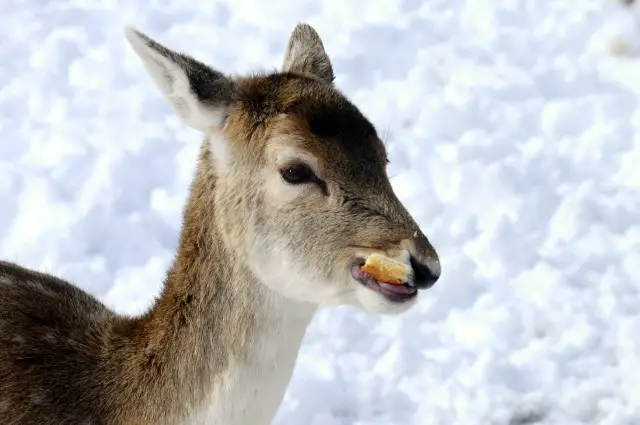
Farming And Deer Management Strategies
Effective deterrents are crucial for safeguarding crops from deer without causing them harm. Non-lethal measures, such as physical barriers like fencing, can provide immediate protection. Alternatively, using olfactory or taste deterrents that deer find unappealing can also be beneficial. These deterrents create an unwelcoming environment for deer, thus keeping crops safe while maintaining humane practices.
Designing a farm with deer-resistant plants can minimize the attraction for these animals. Considering the layout of crop areas, using strategic placement to make access more difficult for deer, and planting less-preferred species on the perimeter can reduce the likelihood of deer encroachment. Seasonal crops that deer avoid can also be rotated to deter consistent feeding patterns.
Knowledge sharing is integral to achieving sustainable outcomes in deer management for farming communities. Establishing educational programs focused on wildlife habits, deemed effective cropping strategies, and non-invasive deterrents can empower farmers. These initiatives not only help in protecting the harvest but also ensure ethical treatment of local wildlife.
Frequently Asked Questions Of Can Deer Eat Bread? – Best Hunting And Farming Results
Is Bread Safe For Deer To Consume?
Bread is not considered a safe food for deer. It lacks the necessary nutrients and can disrupt their stomach, leading to potential health issues. Feeding deer bread is discouraged by wildlife experts.
What Should You Feed Deer For Optimal Health?
For optimal health, deer should eat a natural diet consisting of woody plants, shrubs, leaves, and grasses. Supplementary feeds can include high-quality deer pellets, fruits, and vegetables in moderation.
How Does Bread Affect A Deer’s Digestion?
Bread can negatively impact a deer’s digestion due to its high starch and low fiber content. It can cause bloating, fermentation, and even fatal lactic acidosis, as deer are not equipped to digest such foods easily.
Can Feeding Deer Bread Lead To Negative Behaviors?
Yes, feeding bread can lead to unnatural behaviors. It encourages dependency on human food, alters their foraging habits, and can cause aggression or harm if deer gather in unnatural densities.
Conclusion
Deer diet intricacies are vital for their health and our ecological balance. Offering bread to deer isn’t recommended, as it doesn’t provide nutritional benefits and can harm them. Focusing on natural forage promotes healthier deer populations, ensuring optimal hunting and farming outcomes.
Embrace responsible feeding practices for wildlife welfare and environmental sustainability.


